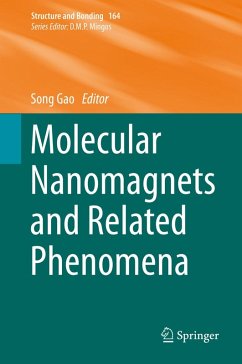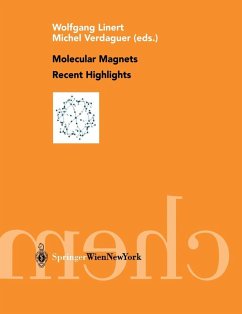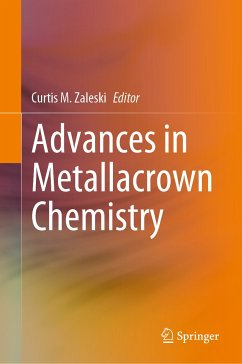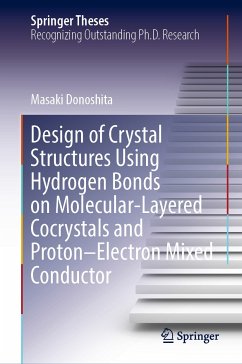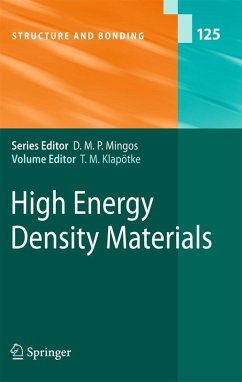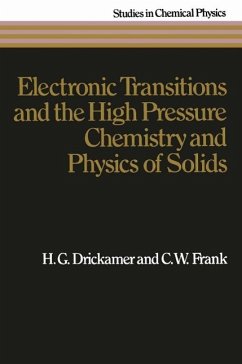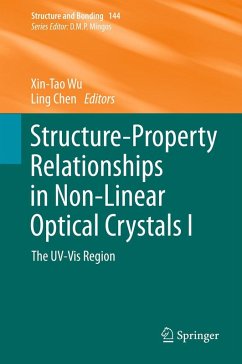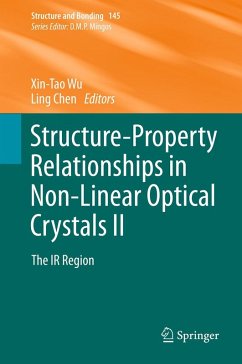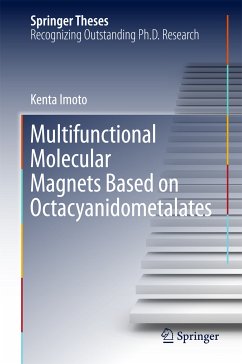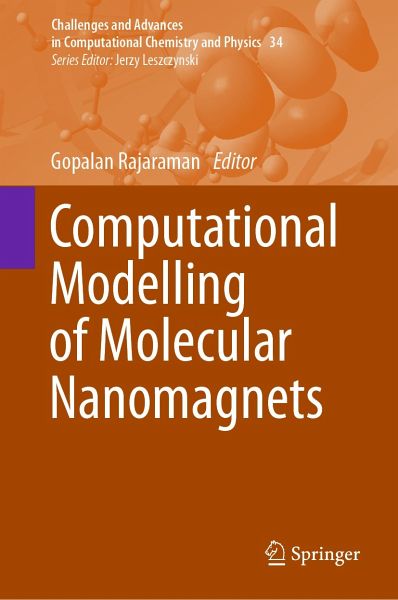
Computational Modelling of Molecular Nanomagnets (eBook, PDF)

PAYBACK Punkte
80 °P sammeln!
This book summarizes the state-of-the-art advances in the area of computational modelling of molecule-based magnets. Nowadays, various computational tools based on DFT, ab initio methods and other techniques are gaining attention in molecular nanomagnets and are successfully used to solve several outstanding problems in this area. This contributed volume discusses the theoretical foundation of the modelling of molecular magnets, starting from fitting the experimental magnetic data of very large molecules to the theory of pseudo-spin Hamiltonian approach and spin-phonon relaxations mechanisms, ...
This book summarizes the state-of-the-art advances in the area of computational modelling of molecule-based magnets. Nowadays, various computational tools based on DFT, ab initio methods and other techniques are gaining attention in molecular nanomagnets and are successfully used to solve several outstanding problems in this area. This contributed volume discusses the theoretical foundation of the modelling of molecular magnets, starting from fitting the experimental magnetic data of very large molecules to the theory of pseudo-spin Hamiltonian approach and spin-phonon relaxations mechanisms, while it also presents examples of contemporary applications of both transition metal and lanthanide molecular magnets. In addition, the transport characteristics of molecules when placed at an interface and how these assemble on surfaces are also reviewed. This book is a great tool for researchers working in the fields of molecular magnetism and computational/theoretical chemistry and will also benefit graduate students specializing in physical-inorganic chemistry and molecular modelling.
Chapter 6 is available open access under a Creative Commons Attribution 4.0 International License via link.springer.com.
Dieser Download kann aus rechtlichen Gründen nur mit Rechnungsadresse in A, B, BG, CY, CZ, D, DK, EW, E, FIN, F, GR, HR, H, IRL, I, LT, L, LR, M, NL, PL, P, R, S, SLO, SK ausgeliefert werden.
Alle Preise in Euro und inkl. der gesetzl. MwSt. | Innerhalb Deutschlands liefern wir preisgebundene Bücher versandkostenfrei. Weitere Informationen: bitte hier klicken
Support
Bitte wähle dein Anliegen aus:
Rechnungen
Bestellstatus
Retourenschein
Storno



